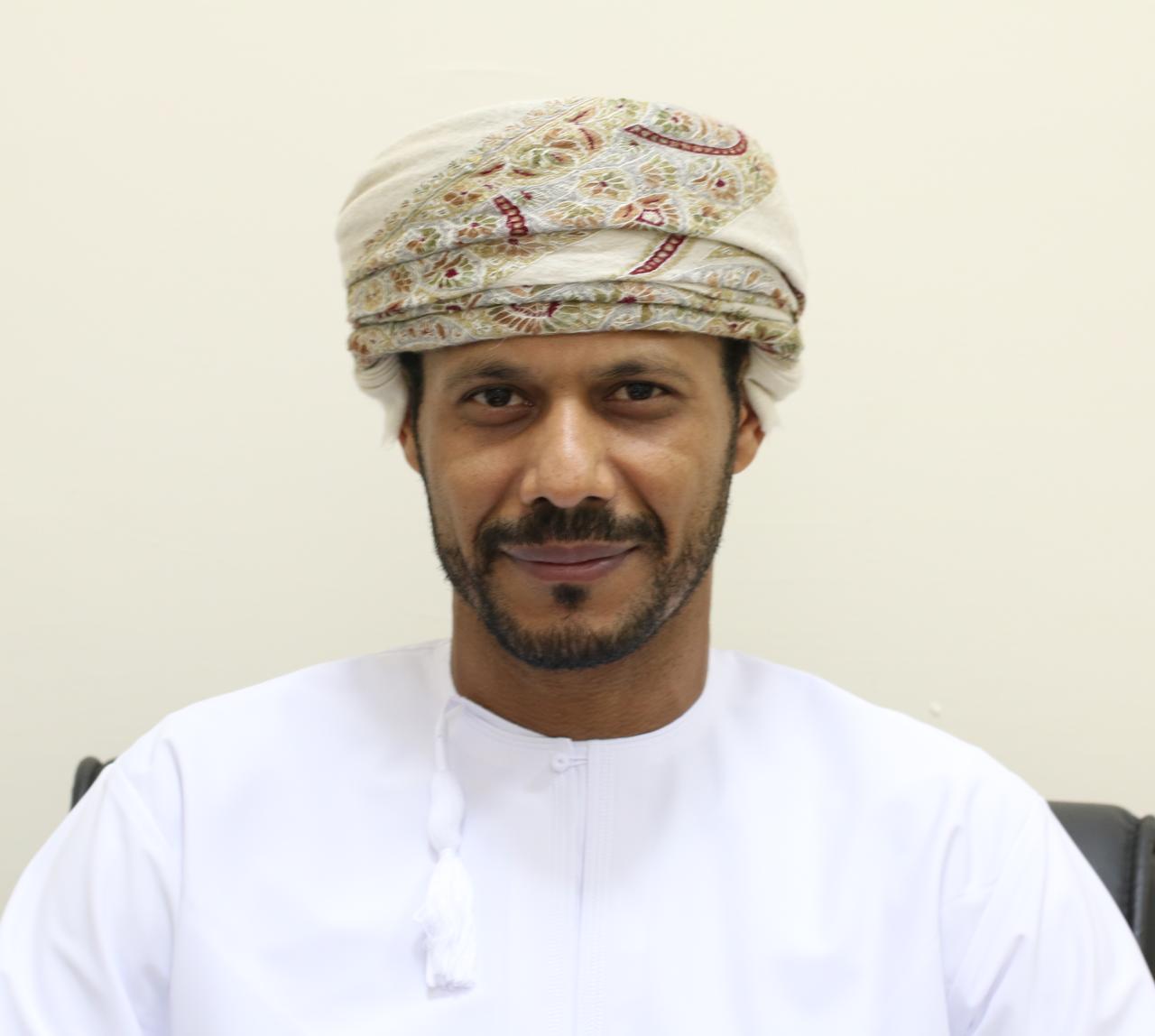| 04 أبريل 2025م

د. خليفة بن محمد الكندي
أستاذ مساعد
كرسي اليونسكو لدراسات الأفلاج - أركيوهيدرولوجي
هاتف: 25446659(968+) محول: 659 البريد الإلكتروني: alkindi.k@unizwa.edu.om موقع المكتب: 25B G-28 يعمل في الجامعة: منذ 2021 الحالة الاجتماعية: ...
Dr. Khalifa Al-Kindi has approximately more than 17 years of experience in remote sensing and geographical information systems. He successfully defended his dissertation and graduated on 31th August 2019 from the University of New England, Australia. Khalifa’s doctoral research was focused on modelling the habitat and population densities of Dubas bug, a very important invasive insect pest affecting date palm in the Sultanate of Oman. This study (1) develops and models the habitat, population density, and presence/absence of Dubas bug (DB) in Oman based on the interactions between various environmental, climatological, and human factors and (2) predicts the potential geographic distribution of parasitic natural enemies of the DB using spatial techniques. His articles have appeared in such peer-reviewed journals as Elsevier, Springer, PeerJ, Geo-Spatial Health, Willey, Plos One, SCI, etc. His Master’s degree was in geographical information systems from the University of New England, Australia. Before moving to the University of Nizwa, he was a guest lecturer and researcher at Sultan Qaboos University (SQU), where he conducted a research project on a real-time GIS model for Spatio-temporal prediction of COVID-19 hotspots in the Sultanate of Oman. At SQU, he has taught GIS courses. In addition, he is a Co-Investigator of the creative abilities in linguistics, spatial, and musical intelligence, a project at the University of Sohar funded by the Ministry of Higher Education, Research, and innovation. In 2019, he won the National Research Award 2019 for the research project entitled “Modelling Spatiotemporal Patterns of Dubas Bug Infestations of Date Palms in Northern Oman”. This research was recognized as the best ever led and published by young researchers (PhD holders) in the field of environment and biological resources. He is a reviewer for some scientific journals like remote sensing journal and water and climate change journal.
...
أستاذ مساعد
كرسي اليونسكو لدراسات الأفلاج - أركيوهيدرولوجي
Dr. Khalifa Al-Kindi has approximately more than 17 years of experience in remote sensing and geographical information systems. He successfully defended his dissertation and graduated on 31th August 2019 from the University of New England, Australia. Khalifa’s doctoral research was focused on modelling the habitat and population densities of Dubas bug, a very important invasive insect pest affecting date palm in the Sultanate of Oman. This study (1) develops and models the habitat, population density, and presence/absence of Dubas bug (DB) in Oman based on the interactions between various environmental, climatological, and human factors and (2) predicts the potential geographic distribution of parasitic natural enemies of the DB using spatial techniques. His articles have appeared in such peer-reviewed journals as Elsevier, Springer, PeerJ, Geo-Spatial Health, Willey, Plos One, SCI, etc. His Master’s degree was in geographical information systems from the University of New England, Australia. Before moving to the University of Nizwa, he was a guest lecturer and researcher at Sultan Qaboos University (SQU), where he conducted a research project on a real-time GIS model for Spatio-temporal prediction of COVID-19 hotspots in the Sultanate of Oman. At SQU, he has taught GIS courses. In addition, he is a Co-Investigator of the creative abilities in linguistics, spatial, and musical intelligence, a project at the University of Sohar funded by the Ministry of Higher Education, Research, and innovation. In 2019, he won the National Research Award 2019 for the research project entitled “Modelling Spatiotemporal Patterns of Dubas Bug Infestations of Date Palms in Northern Oman”. This research was recognized as the best ever led and published by young researchers (PhD holders) in the field of environment and biological resources. He is a reviewer for some scientific journals like remote sensing journal and water and climate change journal.
الأنشطة البحثية
...




 حدّث ملفك الشخصي
حدّث ملفك الشخصي